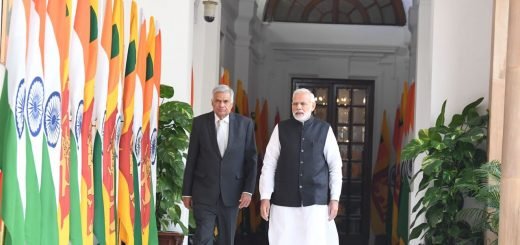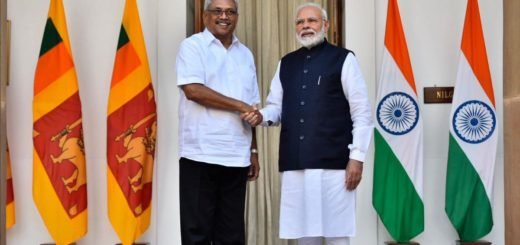UNHRC seeks sanctions against Sri Lankan officials accused of war crime
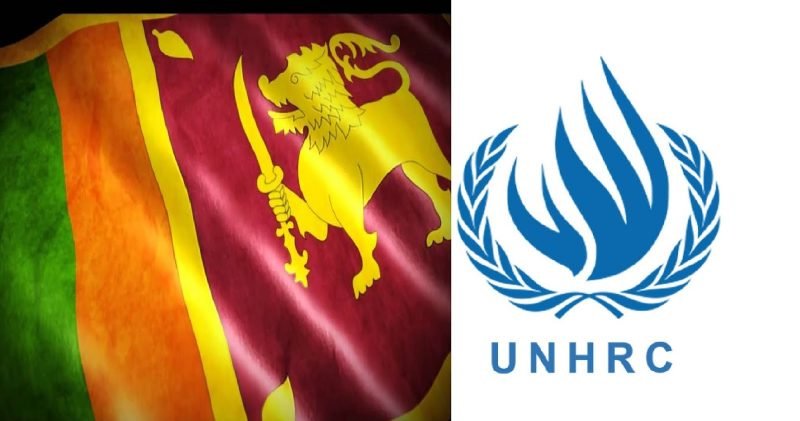
UN Human Rights Chief Michelle Bachelet has vociferously called for “possible targeted sanctions” against Sri Lankan officials accused of war crimes that brought casualties to over 1 lakh civilians in the most lethal 26 years of civil war between Sri Lankan Government and LTTE. In her latest appraisal, Bachelet recommended for the first time that the International Criminal Court look into Sri Lanka’s case, and reiterated that war criminals must be held accountable. However, Sri Lanka is not a member of International Criminal Court so it remains out of its jurisdiction but the UN holds the power to refer a non-signatory to ICC.
Bachelet mentioned “Member states can actively pursue investigation and prosecution of international crimes committed by all parties in Sri Lanka before their national courts,”
The UNHRC report indicted Sri Lanka for abjuring on promises to ensure justice to over 1 lakh citizens killed in the long secessionist conflict that ended in 2009. It is evident that in February 2020, the ruling Government of President Gotabaya Rajapaksa reversed and flinched from Human Rights Council Resolution 30/1 adopted by the former Wickremasinghe government.
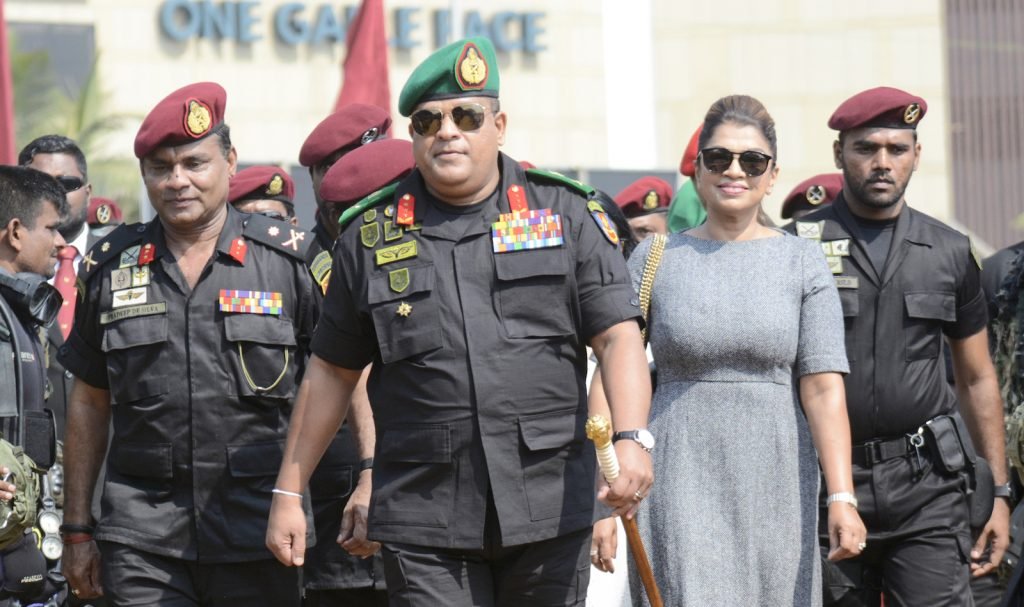
Mr Rajapaksa rose to power in 2019 on an aggressive nationalist agenda which included exonerating the troops accused of a war crime. Rajapaksa was the top defence official when government forces killed the LTTE group in a military campaign that ended in May 2009. UN reports have blamed and highlighted the atrocities of the Sri Lankan Military of shelling hospitals and killing surrendering insurrectionists and causing the disappearance of thousands of minority Tamils.
General Shavendra Silva, who is already accused of War crime and facing US travel ban, has been promoted as Army Chief, further, the Government has appointed at least 28 former/serving military and Intelligence personnel to crucial administrative post” including senior military officials who have been accused of military war crimes. When Silva was appointed in August 2019, a Foreign Ministry statement mentioned that raising allegations against him was “regrettable” and that the decision was a sovereign one.
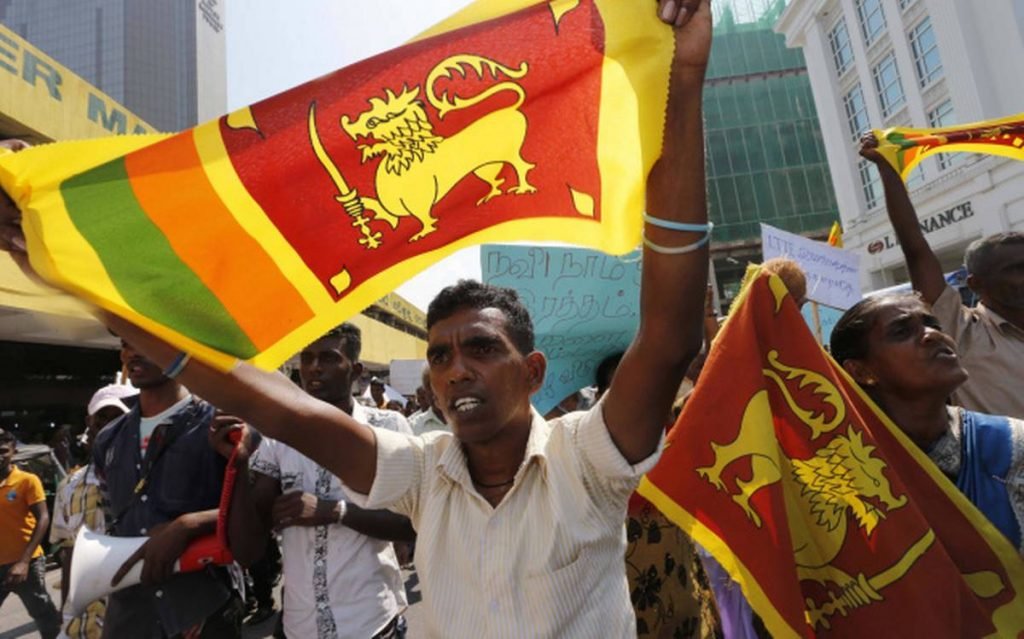
On January 21, Government of Sri Lanka announced a new commission of inquiry to examine the findings of previous domestic inquiries, which the government proposes as an alternative to Human Rights Council action. There have been over dozen domestic commission of enquiry during the civil war in a move to divert the international pressure. The UNHRC chief lamented on the corrupt behaviour of successive governments which has failed to initiate a fair and just inquiry. She mentioned, “the current government has proactively obstructed or sought to stop ongoing investigations and criminal trials to prevent accountability for past crimes.”
Fear is mongering among war victims as lawyers, police, activists, journalists are now being silenced by the government. Further increased International monitoring has brought anxieties to Sri Lankan government officials and is accused of vanishing the evidence and undermining previous police investigation. The UN Human Rights Chief has urged member states to take action to protect crucial evidence from key cases.



